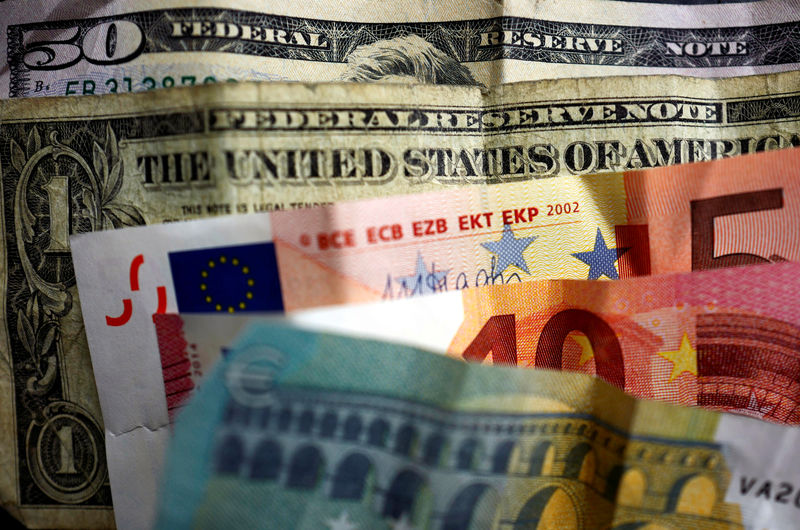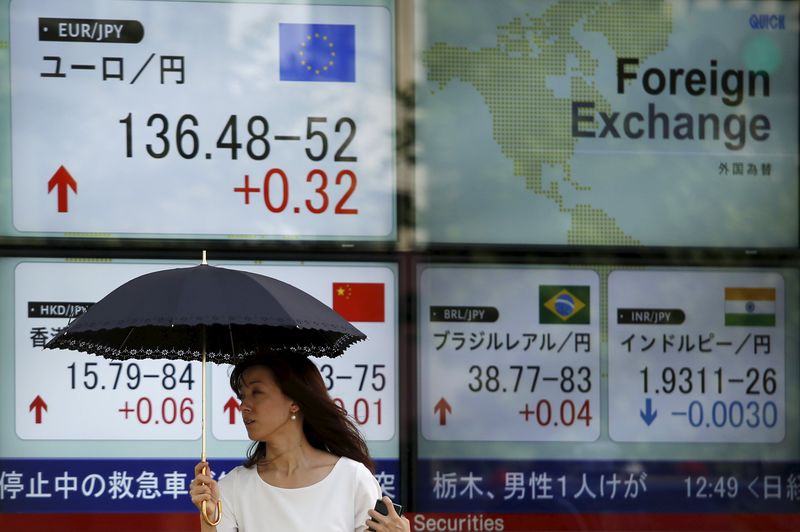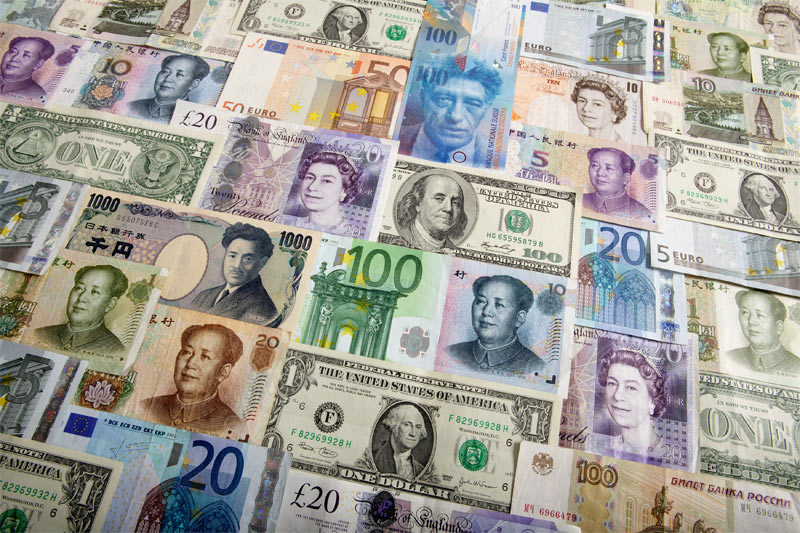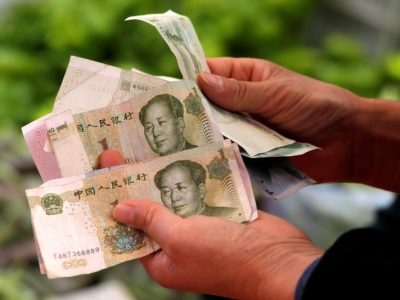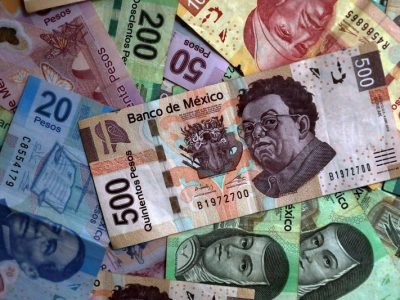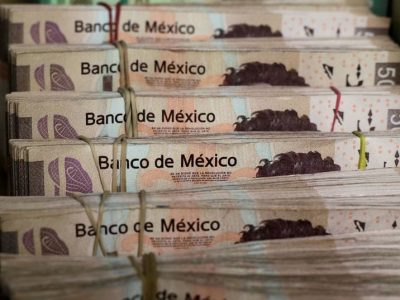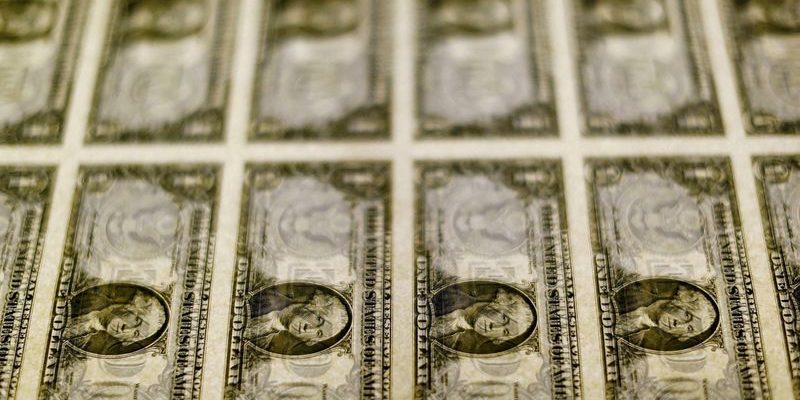
By Kevin Buckland
TOKYO (Reuters) – The dollar climbed to a two-week top against the euro on Monday as traders pared bets for aggressive policy easing by the Federal Reserve with the focus now moving to a crucial U.S. jobs report at the end of this week.
The dollar advanced to its strongest since Aug. 21 on the yen, buoyed by a rise in long-term Treasury yields to the highest since mid-August after a closely watched measure of U.S. inflation held steady, reducing the imperative for the Fed to cut interest rates by a super-sized 50 basis points (bps) on Sept. 18.
It rose as much as 0.27% to 146.60 yen, and was last at 146.29.
The dollar index measure against major peers edged up to 101.79 early in the Asian day, a level last seen on Aug. 20.
The euro slipped slightly to $1.10430, the lowest since Aug. 19.
Traders currently lay 33% odds of a 50-bp Fed rate cut this month, versus 67% probability of a quarter-point cut. A week earlier, expectations were 36% for the larger reduction.
A U.S. public holiday on Monday makes for a potentially slow start to the week for the dollar, analysts said, but the rest of the days sees a steady flow of macroeconomic data that culminates with non-farm payrolls on Friday.
Economists surveyed by Reuters expect the addition of 165,000 jobs in August, rising from a 114,000 increase in the prior month, and that the unemployment rate ticked lower to 4.2%.
“Should the U.S. economy add 150,000 jobs or more and the unemployment rate ease to 4.2% or below, it would increase confidence that the economy is on target for a soft landing,” cementing expectations for a 25-bp rate reduction this month, said IG analyst Tony Sycamore.
However, Sycamore believes recent dollar strength against the likes of the yen is unlikely to last.
“The pair would need to see a sustained break above resistance at 152.00 to negate the downside risks,” he said.
For the euro though, the outlook for both the Fed and European Central Bank to ease this month means it’s “difficult to make a strong case in favour or against the EUR/USD,” Sycamore added.
Treasury bonds won’t trade on Monday due to the U.S. holiday, but the 10-year yield stood at 3.9110% following a 4.4-bp rise on Friday.
Sterling was flat at $1.3129, holding close to Friday’s low of $1.31095, its weakest since Aug. 23.
(This story has been corrected to fix the UR/USD exchange rate to $1.10430 from $1.0430, in paragraph 5)


